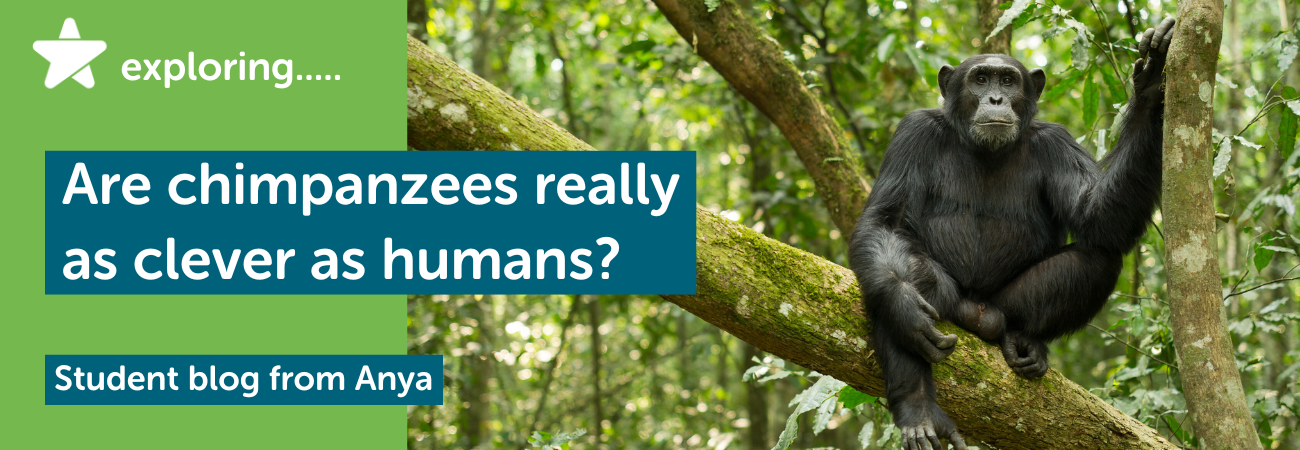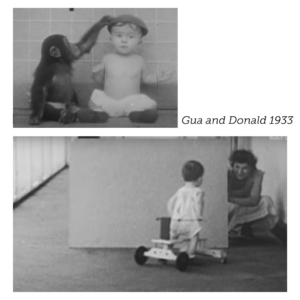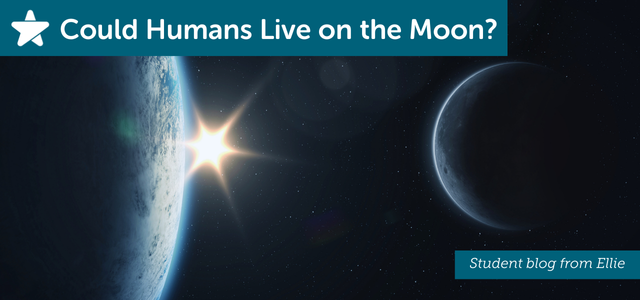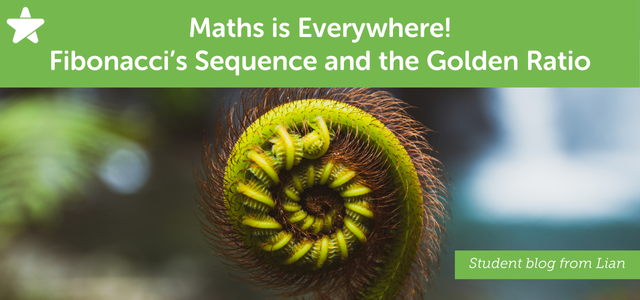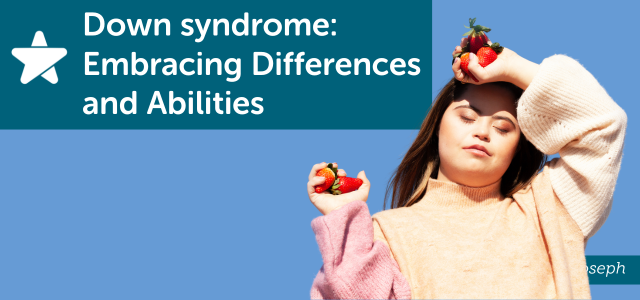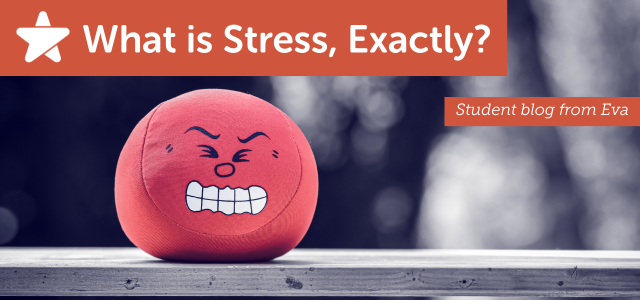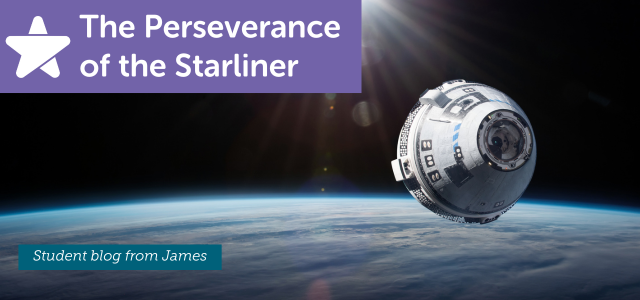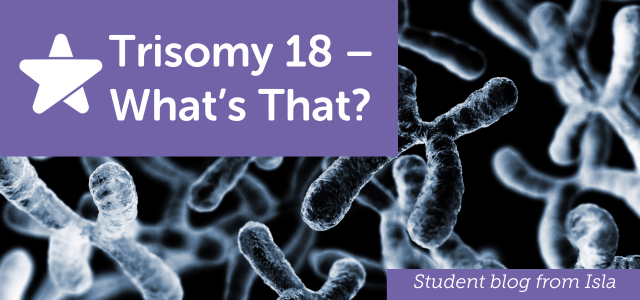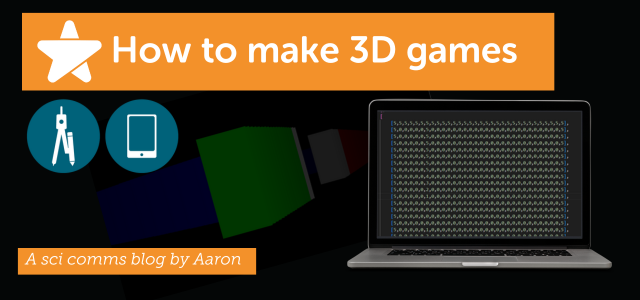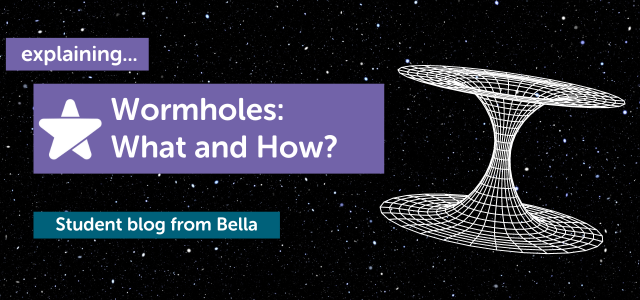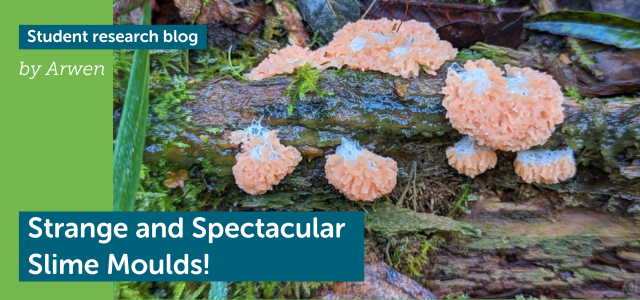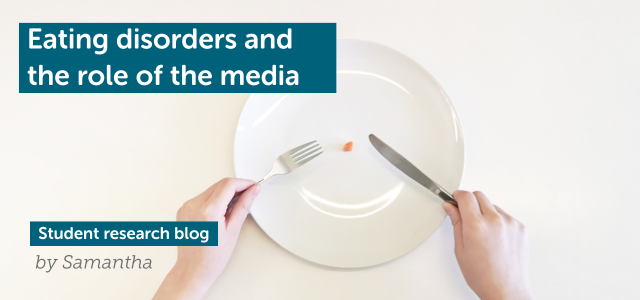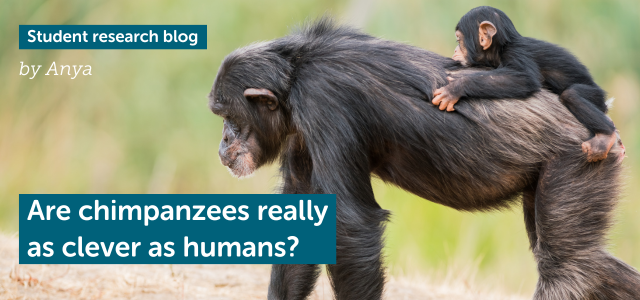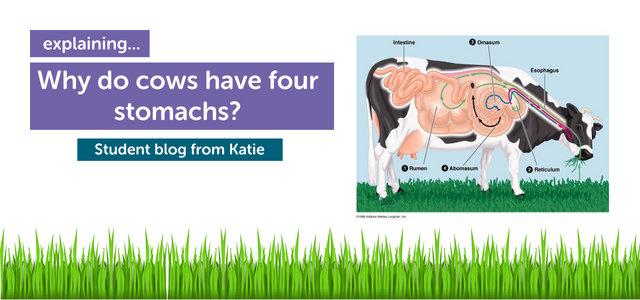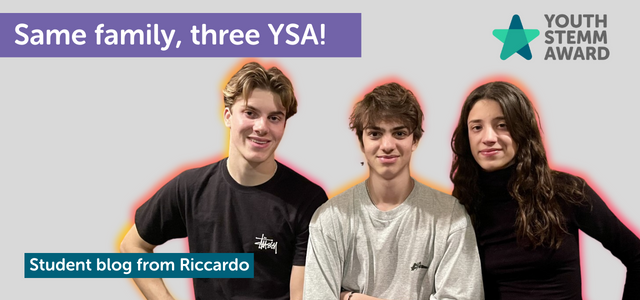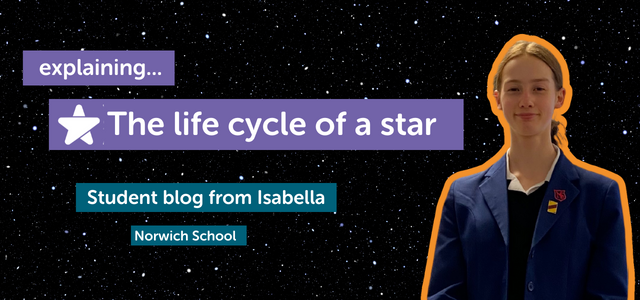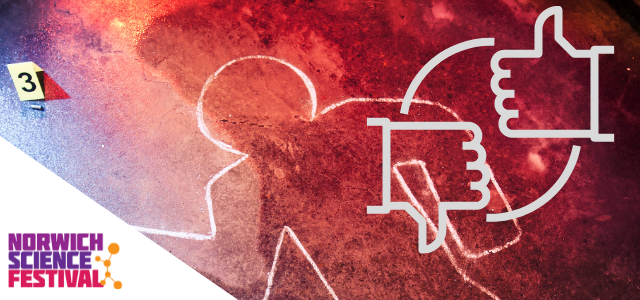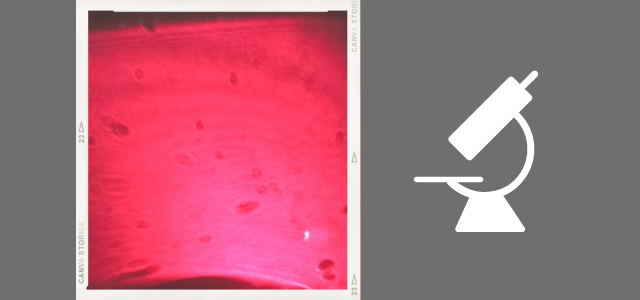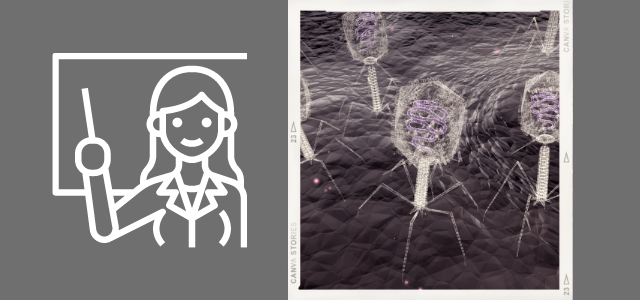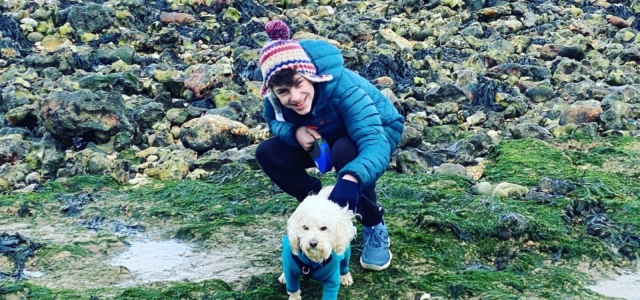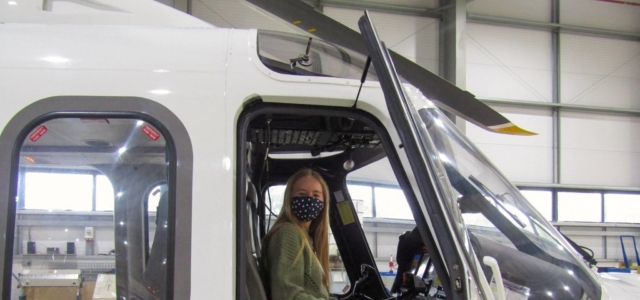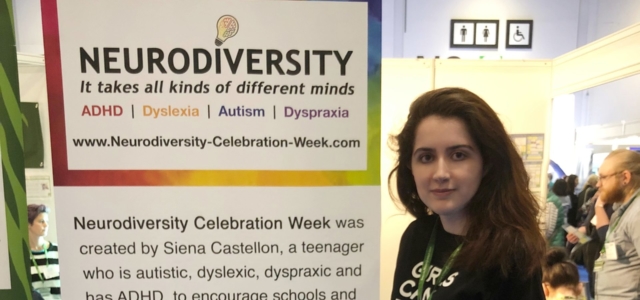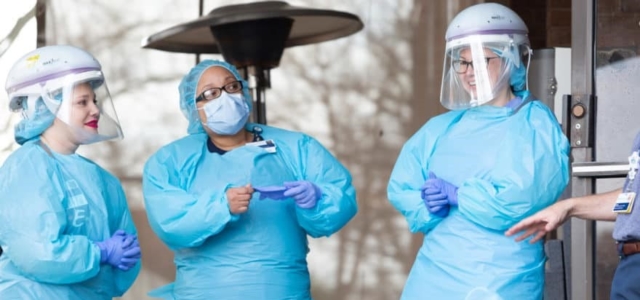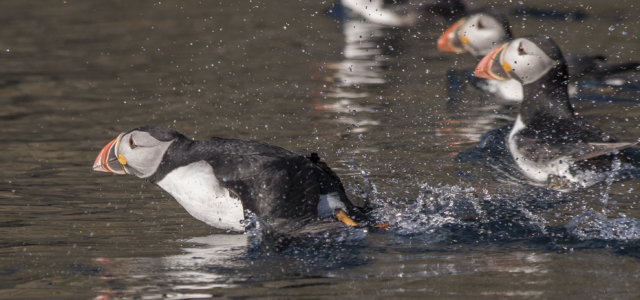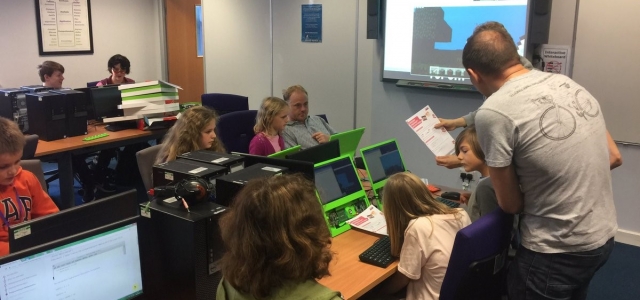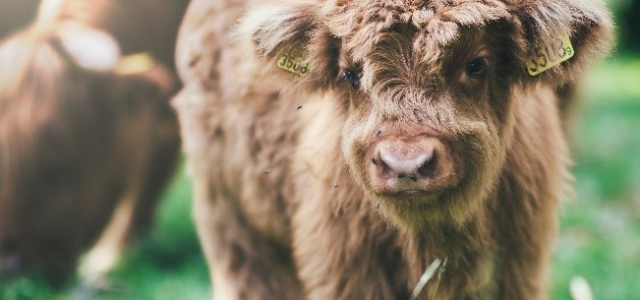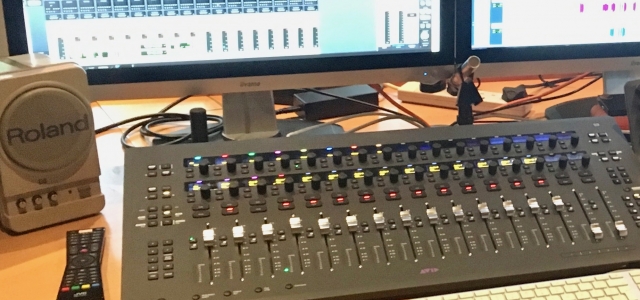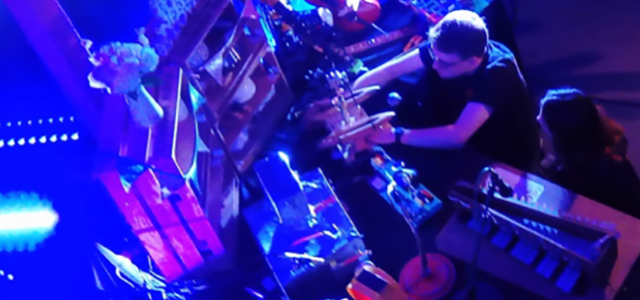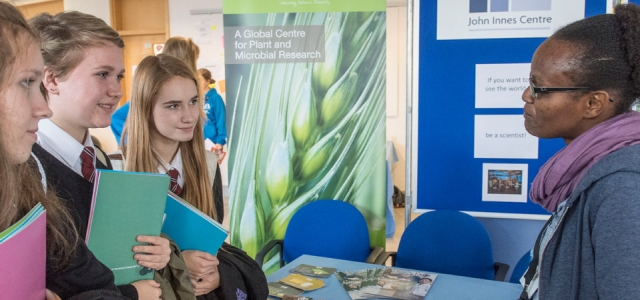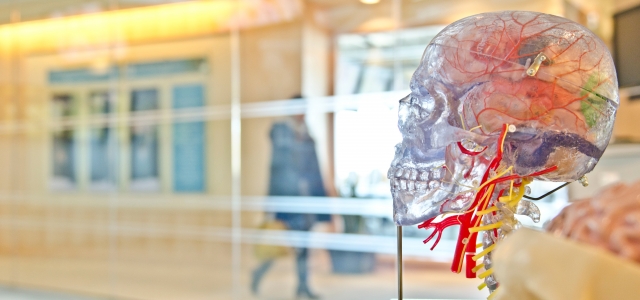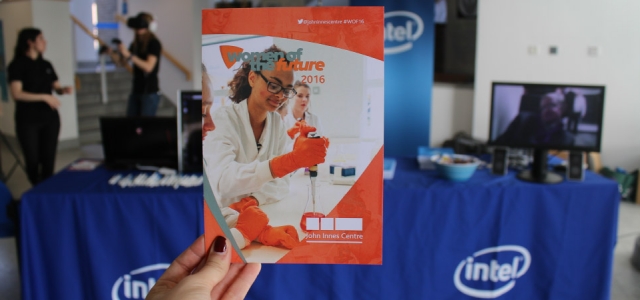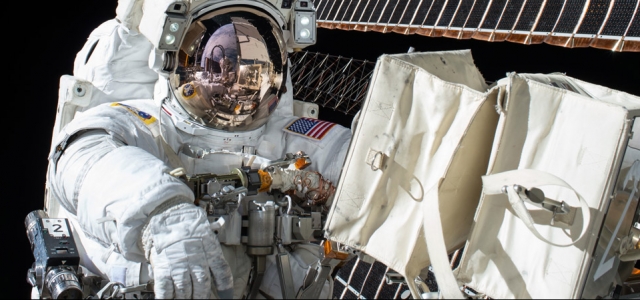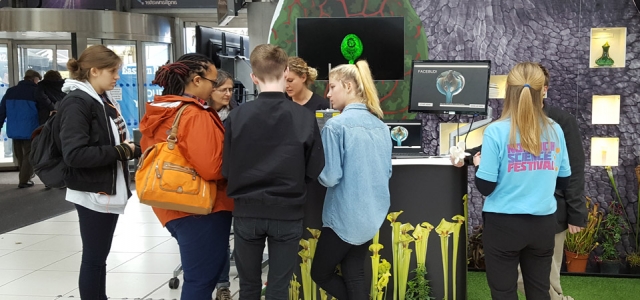Bronze award participant Anya has been finding out about an unusual experiment from the 1930’s . In this study, a chimp was raised alongside a baby to see if it would develop in the same way. Read on to find out what happened…
It is no secret that chimpanzees and bonobos are the closest living relatives to humans. In fact, humans and chimpanzees share a surprising 98.8% of their DNA. However, a question that is commonly thought about is which of the two, chimpanzees or humans, are the cleverest.
In 1933, Winthrop Kellogg, an American psychologist, and his wife took to their home in Florida, a female chimpanzee named Gua (7 ½ months) when their son, Donald, was 10 months old. They carried out series of experiments in order to learn more about the similarities and differences in each of their behaviour.
For the majority of experiments, Donald and Gua responded in very similar ways. For example, when tickled with a feather both began to laugh and tried to move the feather away from them as they were in slight discomfort. When given a spoon or an object to hold, both voluntarily reached out for it, in hopes to explore more about what was in front of them. In one of the tests, there were two doors a few metres apart and Kellogg hid behind one of them, allowing Donald and Gua to clearly see which one they had gone behind. When allowed to move around, the baby and chimpanzee both successfully moved to the door that Kellogg was behind. This clearly shows similarities in the way humans and chimpanzees think and act.
However, for some of the tests they responded quite differently. In response to a loud sound (a gunshot was used), Gua quickly got out from his seat and clung to Kellogg in order to be protected from the apparent ‘danger’. However, Donald remained in his sit and just looked around slightly worried, he didn’t reach his arms out to be carried or made any attempts for Kellogg to hold him.
Another interesting test was the detour test. A large door rested horizontally on the ground and Kellogg peeked his head around one side allowing Donald and Gua to see which side he was on. As expected, Donald and Gua went straight towards Kellogg. This time however, as Donald and Gua moved toward Kellogg, just before the baby and chimpanzee clung onto him, he quickly slid another small cardboard door in between them so they couldn’t cling onto him. This made them walk all the way around the door and to the other side where they could hold onto Kellogg. This happened a few times. Here comes the interesting part. Instead of going straight towards Kellogg, Donald realised that the carboard door would come sliding out and he would have to go all the way around the door, so instead, Donald went around the door to start off with, rather than going straight to Kellogg in the first place. However, Gua wasn’t able to pick this up and kept on going straight towards Kellogg even though the carboard door kept on sliding out and blocking his way.
So, this brings us back to the question whether humans or chimpanzees are cleverer. According to an experiment carried out by a group of researchers and led by Professor Thomas Suddenford at the University of Queensland’s School of psychology, it was revealed that most children surpass the intelligence levels of chimpanzees before they reach four years old.

